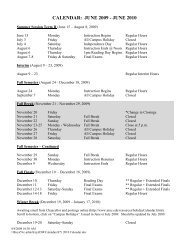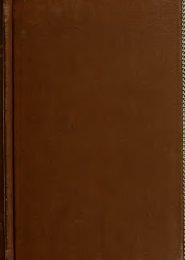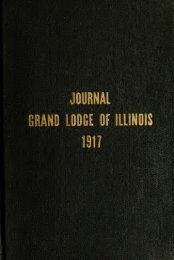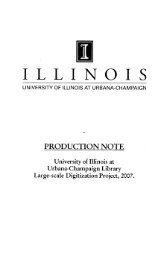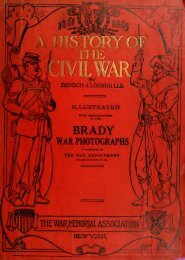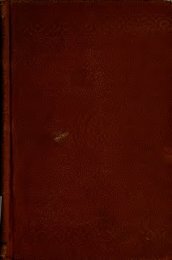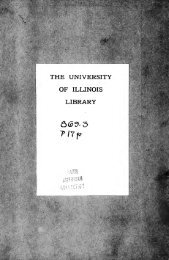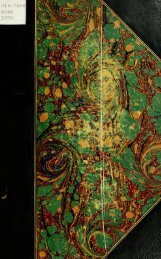Reply to Mr. Bosanquet's Practical observations ... - University Library
Reply to Mr. Bosanquet's Practical observations ... - University Library
Reply to Mr. Bosanquet's Practical observations ... - University Library
You also want an ePaper? Increase the reach of your titles
YUMPU automatically turns print PDFs into web optimized ePapers that Google loves.
( 15 )<br />
learns that it was in the memorable year of<br />
1797, just after the suspension of cash payments<br />
at the Bank. At this period the currency of<br />
this country was reduced particularly low ; the<br />
amount of bank notes in circulation being less<br />
than it had been for ten years preceding.<br />
That,<br />
under such circumstances, the exchange should<br />
have become favourable <strong>to</strong> England, and, consequently,<br />
that there should have been large<br />
importations of bullion, is entirely conformable<br />
with the principle of the Bullion Committee,<br />
and confirms the efficacy of the remedy which<br />
they have proposed. A great circulation of<br />
paper, and a <strong>to</strong>o abundant currency, are stated<br />
by them <strong>to</strong> be the causes of the present nominally<br />
low exchange, and they confidently predict,<br />
that a reduction of its quantity will, as in the<br />
year 1797, raise the exchange, and by that means<br />
renderthe importation of bullion profitable. That<br />
this favourable exchange did, in the year 1797,<br />
produce an immense importation of gold can,<br />
by indirect evidence, be amply proved. The<br />
amount of foreign gold coined in his Majesty^<br />
mint was.<br />
fn the year 1795


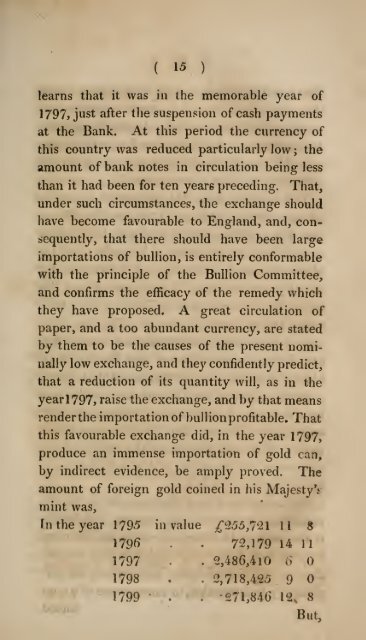

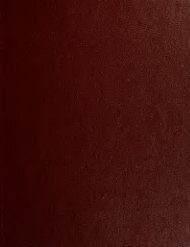
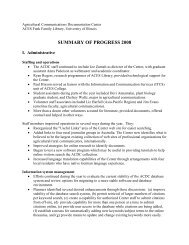
![La musa galante [microform] - University Library](https://img.yumpu.com/50760818/1/190x222/la-musa-galante-microform-university-library.jpg?quality=85)
